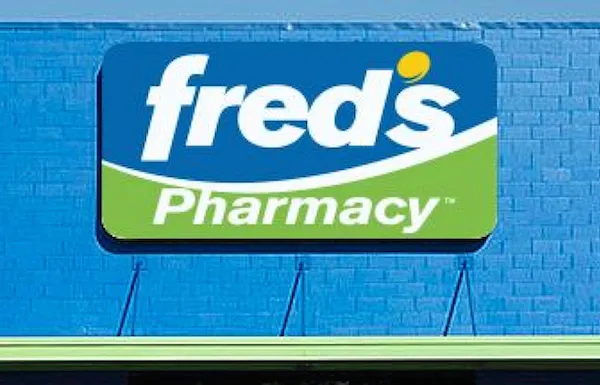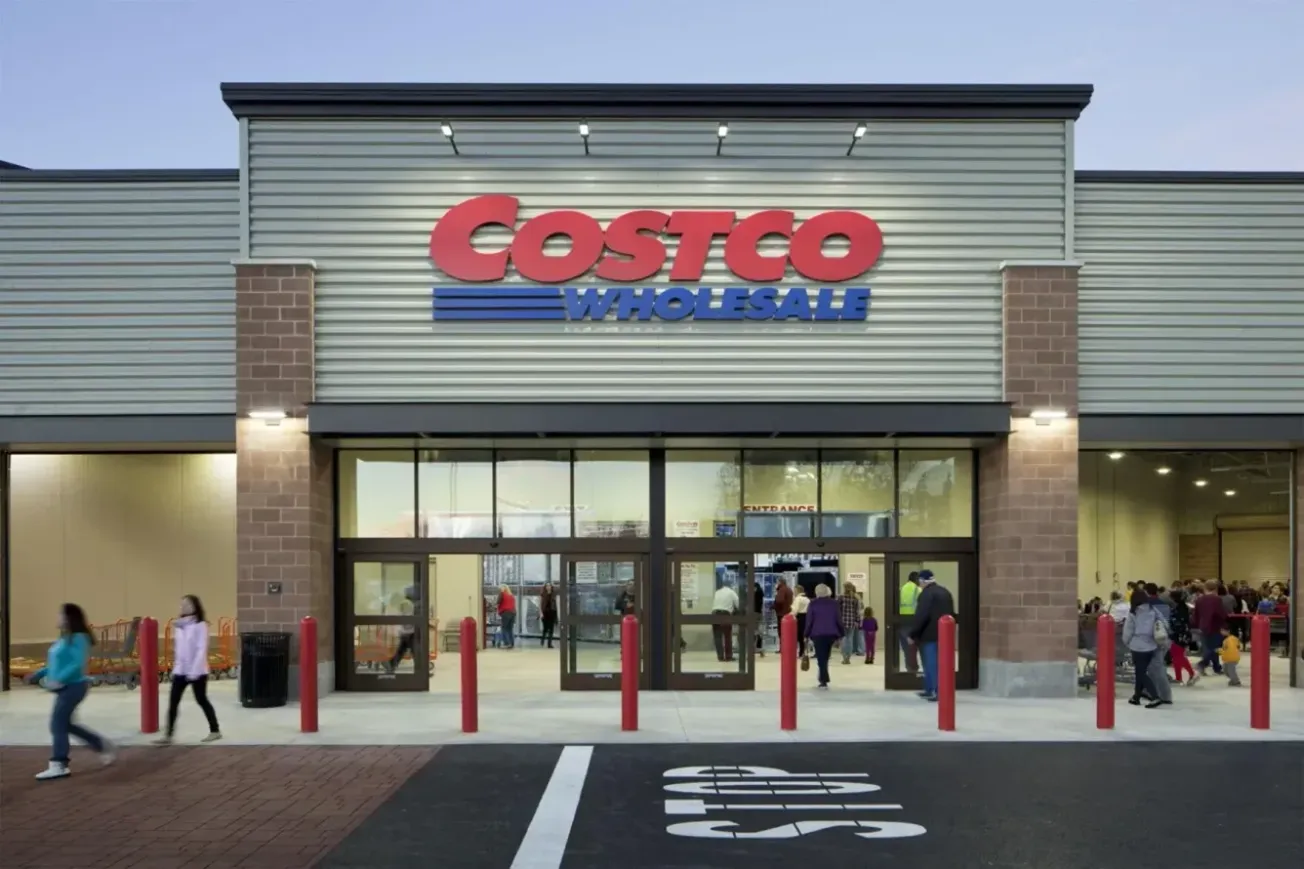MEMPHIS, Tenn. — Fred’s Inc. has reaffirmed its $950 million deal to buy 865 Rite Aid stores to be divested for antitrust clearance of Walgreens Boots Alliance’s pending acquisition of Rite Aid Corp.
Fred’s said late Monday that “the asset purchase agreement it entered into on Dec. 19, 2016, with Walgreens and Rite Aid remains in effect.” The discount retailer’s announcement came after WBA and Rite Aid extended the end date for the acquisition deal, lowered the purchase price and raised the number of stores that could be divested.
“As previously disclosed, to the extent the Federal Trade Commission requests that additional stores be sold, and Walgreens agrees to sell such stores, Fred’s Pharmacy has agreed to buy those stores,” Fred’s said in a statement. “The amendment and extension of the Walgreens-Rite Aid merger agreement reinforces the company’s confidence that the transaction is in the mutual best interest of Fred’s Pharmacy and all of its shareholders. Fred’s Pharmacy continues to work with the FTC, Rite Aid and Walgreens to complete the transaction and looks forward to realizing the considerable benefits the transaction will bring to customers, patients, payors, supplier partners, team members and shareholders.”
WBA said Monday that, under the amended acquisition agreement with Rite Aid, it would be required to divest up to 1,200 Rite Aid stores if needed for regulatory approval — 200 more stores than the up to 1,000 that WBA said it was willing to divest originally. The store divestiture total will affect the ultimate share price for the deal, which was reduced from $9 per share to between $6.50 and $7.00 per share.
Under its agreement to buy the 865 Rite Aid stores, Fred’s could be required to purchase additional stores if the FTC requires WBA to divest more stores than was contemplated when the deal was struck in December.
The WBA-Rite Aid deal with Fred’s was widely expected to clear the path for FTC approval of WBA’s acquisition of Rite Aid. Yet published reports recently said the FTC has concerns about the Fred’s deal. Those include whether the financially challenged Fred’s could digest the purchase, which involves more stores than the 647 it now operates, and establish itself a viable competitor in the drug store marketplace going forward. Pending the outcome of its Rite Aid store purchase, Fred’s is in line to become the No. 3 U.S. drug store operator with 1,236 pharmacies, including 371 inside Fred’s discount stores.
According to Wolfe Research analyst Scott Mushkin, the WBA-Rite Aid merger approval process “remains complicated” because WBA must find “a legitimate competitor” to buy divested stores.
“Given the dynamics in the industry, where scale is paramount, the divested Rite Aid stores, in our opinion, would need to go to another scale operator such as a large supermarket chain,” Mushkin wrote in a research note released late Monday. “Divesting the stores to subscale operators or private equity creates viability concerns over the medium to long term, in our opinion. While the potential purchase of Rite Aid [stores] by a financial buyer or subscale strategic operator creates viability challenges, we do believe that a potential partnership between a larger strategic operator and private equity could make some sense on a case-by-case basis.”
A private equity player may be in the offing. Citing anonymous sources, the New York Post reported on Friday that Cerberus Capital Management, leader of the investment group that owns Albertsons, has expressed interest as a potential buyer of the 865 Rite Aid stores that WBA and Rite Aid had agreed to divest to Fred’s.
Mushkin noted that Wolfe Research initially saw significant antitrust challenges for the WBA-Rite Aid merger, but the firm’s ongoing analysis indicates that a deal amenable to the FTC could be hammered out.
“Indeed, we believed that the combination went against the spirit of the horizontal merger rules published by the FTC/DOJ, given that the merger would appear to create significant market concentration, a unilateral reduction in competitors, a reduction of choice for both payors and consumers, and the potential for a significant transfer of wealth from pharma to WBA/Rite Aid,” he stated in his report. “Over time, however, we have come to believe that there is a way for WBA/Rite Aid to occur if the divested Rite Aid stores end up in the hands of an operator that could be considered a legitimate chain drug store competitor.”






